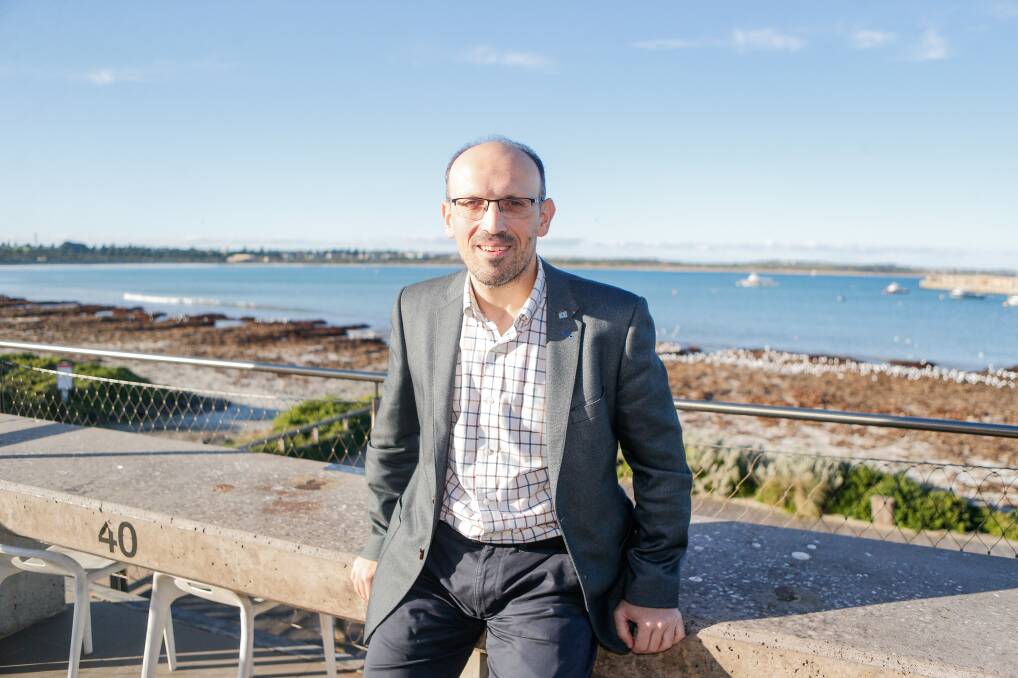
The medical holy grail of finding a cure for cancer may be some way off, but there is reason for hope to spring eternal, a south-west doctor says.
Subscribe now for unlimited access.
$0/
(min cost $0)
or signup to continue reading
Figures from the World Health Organisation show cancer remains the single biggest cause of death on the planet. Around 10 million people each year lose their life to cancer.
There are some key risk factors for cancer, with a third of all cases attributed to tobacco, alcohol, being overweight, a poor diet and a lack of exercise. The most common locations in the body for cancer to attack include breast, lung, colon and rectum and prostate.
And while this makes grim reading, there is some positive news, with a high chance of successful treatment of most cancers if they are diagnosed soon enough. Following on from this glass-half-full look through the lens, Warrnambool public oncologist Dr George Iatropoulos believes while the finish line is still distant, small victories are being claimed.
And he says Australia is a key player in the fight against cancer.
"I always think of how things were when I started in 2006," Dr Iatropoulos said. "There's been some unprecedented changes of treatment in tumours like melanoma. A lot of it has been driven by research in Australia.
"Australia is considered one of the highest profile countries in research in melanoma because we are affected so much by it. We're making progress."
He said cancers such as lung and stomach remained a tough battle to get on top of, but there are wins in other areas. He said until a cure was found, the aim was to make cancer a manageable, rather than terminal, disease.
"I would say that we're trying to make cancers like bowel and breast chronic, but manageable, diseases," he said. "Some tumours they are progressing in terms of new treatments that prolong life more than others. With breast cancer we are making tremendous progress with fantastic use of some obviously, expensive drugs.
"We haven't yet come to a point where we can cure cancer, but we are making good progress in making some cancers, usually the common cancers, into chronic disease."


